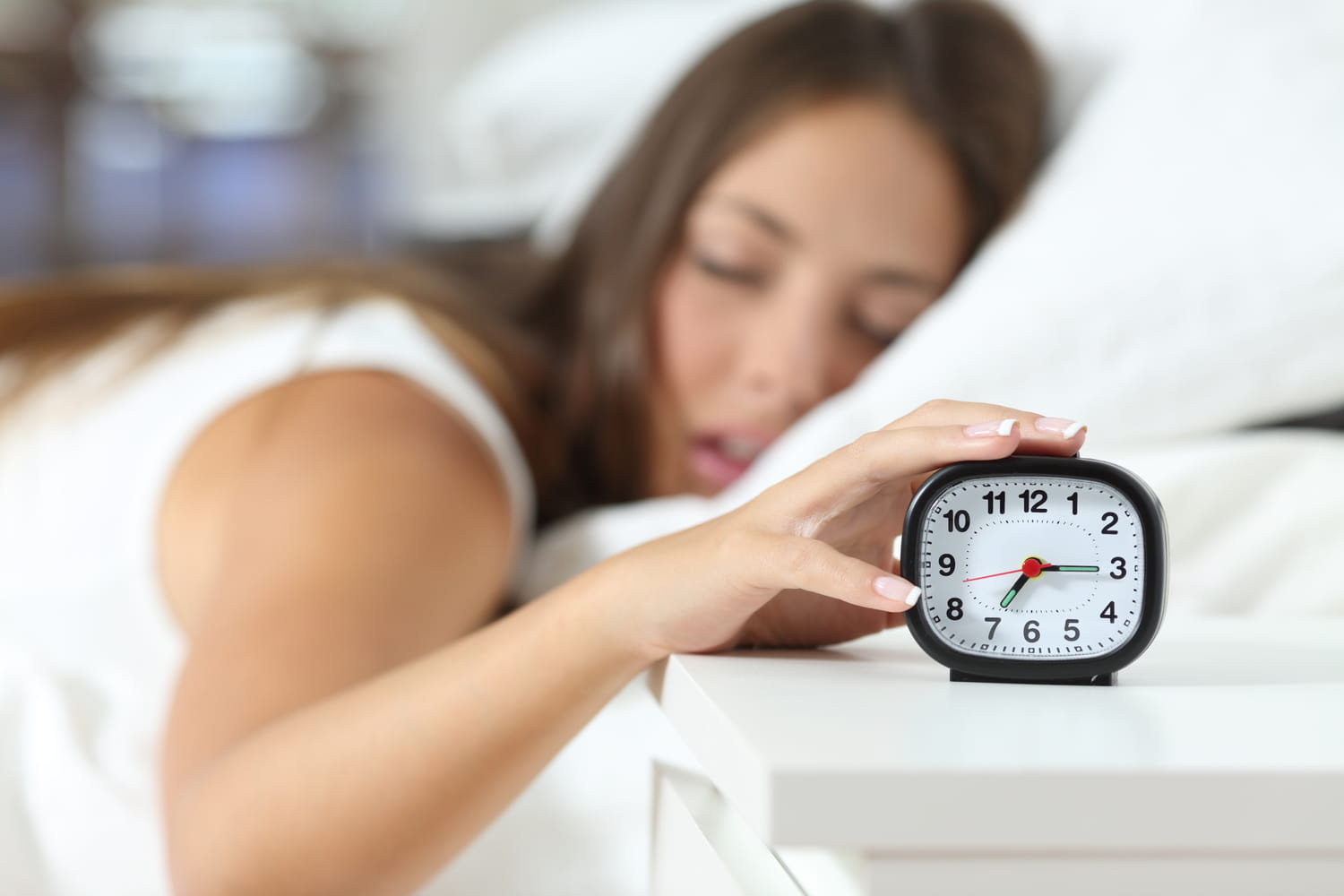You might think that you just need to sleep a certain number of hours to feel rested, but no…
Fatigue upon waking up, lack of energy during the day, difficulty concentrating… So many signals which show that sleep has not been restorative. “Very often, fatigue is not caused by the quantity of sleep, but by its quality”immediately explains Dr Armelle Rancillac, researcher in neuroscience at Inserm and the Collège de France and member of the National Institute of Sleep and Vigilance (INSV). We can therefore sleep 7 or 8 hours per night, and still be tired when we wake up.
In question? Micro-awakenings that fragment sleep. “We don’t necessarily remember them, but they prevent the brain from reaching or maintaining the phases of deep slow-wave sleep, essential for effective recovery. As a result, we sleep enough, but without really resting, and the brain does not have time to regenerate, to “clean” itself, nor to reset properly to function properly”develops the specialist. These interruptions last only a few seconds to a few minutes, but are frequent enough to alter its quality. They can be caused by chronic pain, sleep apnea, noise or heat in the room, psychological factors such as stress and anxiety… But there is a solution.
“It all starts in the morning, argues Dr Rancillac. We need a dynamic awakening, because there is a real rebound effect between the state of alert during the day and the quality of nighttime sleep.”. Neuroscientist Matthew Walker details in a TED talk how a well-orchestrated awakening reduces fatigue, even after a short night. First you have to get up at the same time every day, including weekends, to stabilize the circadian rhythm. Then move. Walk, stretch, or do some active movement to trigger an increase in heart rate and body temperature. This “boost” tells the brain that it needs to wake up. And most importantly: expose yourself to natural light within 30 minutes of waking up, even if the sky is overcast. Open the shutters or go outside, it doesn’t matter but see the light without delay. This simple tip from the researcher improves immediate alertness. Without it, the other levers lose their effectiveness because the brain does not clearly know when the day begins.
If, in addition, the evenings are neat, it’s a win: “If the brain remains active, preoccupied, or “thinking”, this can cause hyperactivation of the cerebral cortex, preventing the relaxation necessary for falling asleep. As with children, establishing a calming routine in the evening helps the body prepare for sleep. The bedroom environment plays a significant role: rather cool temperature, total darkness, reduction of exposure to screens and limitation of stimulants (coffee, alcohol) are key elements” reminds Dr. Rancillac. If fatigue persists “It is essential to react early by consulting a doctor to avoid entering a vicious circle where poor sleep and stress feed each other.”she concludes.


